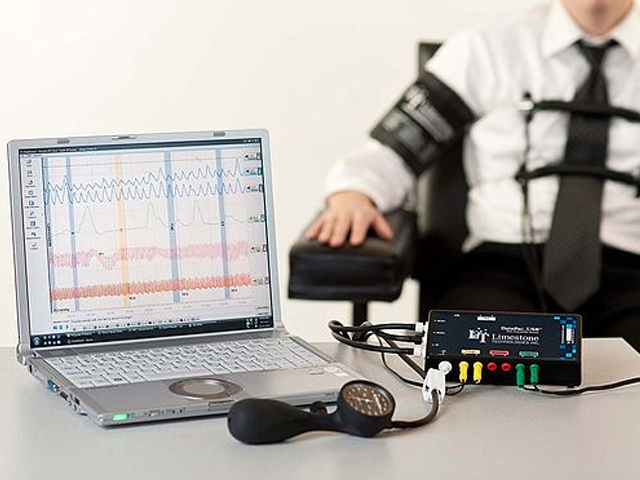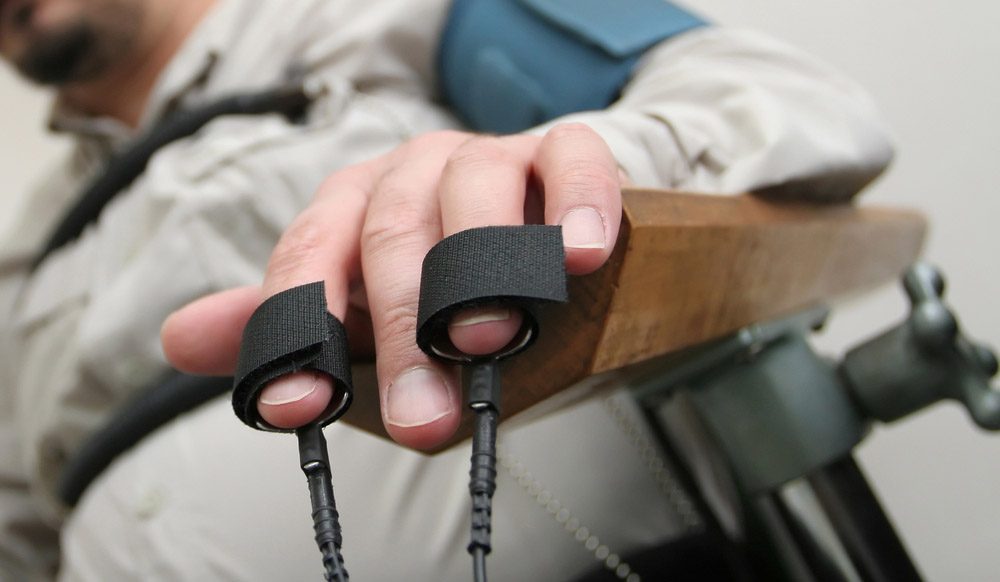The Reliability Of Lie Detector Tests Unveiled: Is London the Best Place to Take One?
Lie detector tests have been around for a long time, but are they reliable enough to be used in court proceedings and criminal investigations? With more and more people turning to lie detector test london services for personal and business reasons, let’s dig deeper and find out whether this technology is actually as reliable as advertised.
What is a Lie Detector Test?
A lie detector test, also known as a polygraph test, measures the physiological responses of an individual when faced with certain questions. This includes body temperature, pulse rate and respiration rate. Based on these results, it is possible to determine whether the person is telling the truth.
How does it Work?
The process begins by attaching sensors to various body parts – typically your fingers, chest and stomach area. The machine then records your physical reactions while you answer predetermined questions. It compares all the data collected from your answers with past baseline measurements that were taken before questioning began. In this way, it can detect changes in bodily responses that may indicate deception or being untruthful about certain topics.
What are its Limitations?
One limitation of a lie detector test is that there has been no scientific proof that it can accurately detect lies 100% of the time. This means that false positives – i.e., indicating someone is lying when they are actually telling the truth – could occur due to faulty equipment or incorrect interpretation by examiners who administer such tests. Additionally, some individuals may be able to manipulate their physiological responses to trick the machine into believing they are telling the truth even when they are lying or vice versa.
Are Lie Detector Tests Admissible in Court?
In most countries, including England & Wales and Scotland, where lie detectors are widely available through services such as “lie detector test London”, their use as evidence in court is prohibited as they lack the reliability or level of accuracy required for judicial proceedings (England & Wales) or civil actions (Scotland). However, some police forces have begun to pilot voluntary schemes which allow suspects of sexual or domestic abuse offenses to agree to take a test before they are charged with an offense, in order to gather further information about a case without the results being presented at trial in courtrooms across the UK.
Can they be used for other purposes?
Apart from being used by law enforcement agencies for criminal investigation purposes, many private companies in industries such as the finance/banking sector and the insurance industry also use polygraph services in London to verify employee claims regarding sensitive matters such as work-related injuries; to check applicants’ backgrounds prior to hiring decisions; to detect fraud within organizations etcetera (with the consent of those being tested). Similarly, parents sometimes use it privately at home to find out whether their teenagers are lying to them about drug abuse, etcetera (again with appropriate consent).
Are there alternatives to polygraph tests?
While polygraphs cannot be considered a fully reliable alternative to traditional methods used by law enforcement agencies such as interviewing witnesses/suspects, inspecting crime scenes; collecting DNA samples etc., other forms such as ‘voice stress analysis’ show promising results towards providing reasonably accurate readings during investigative processes – however, current research indicates that more studies are needed before commercial implementation becomes a viable option for general public use & acceptance outside of medical research laboratories worldwide!
Conclusion
Although there have been significant advancements in modern technologies related to the development of trustworthy yet affordable lie detection solutions over the last few decades – ultimately, it’s up to the individual themselves whether they wish to pursue this route towards establishing truthfulness amongst peers/family members/employees etc. – given concerns regarding accuracy levels coupled with potential misuse amongst criminal elements, it remains a valid issue until proper regulations are put in place governing such activities!





